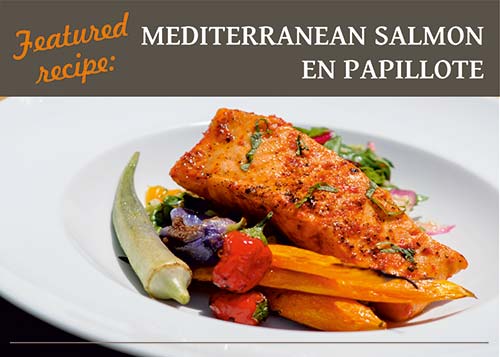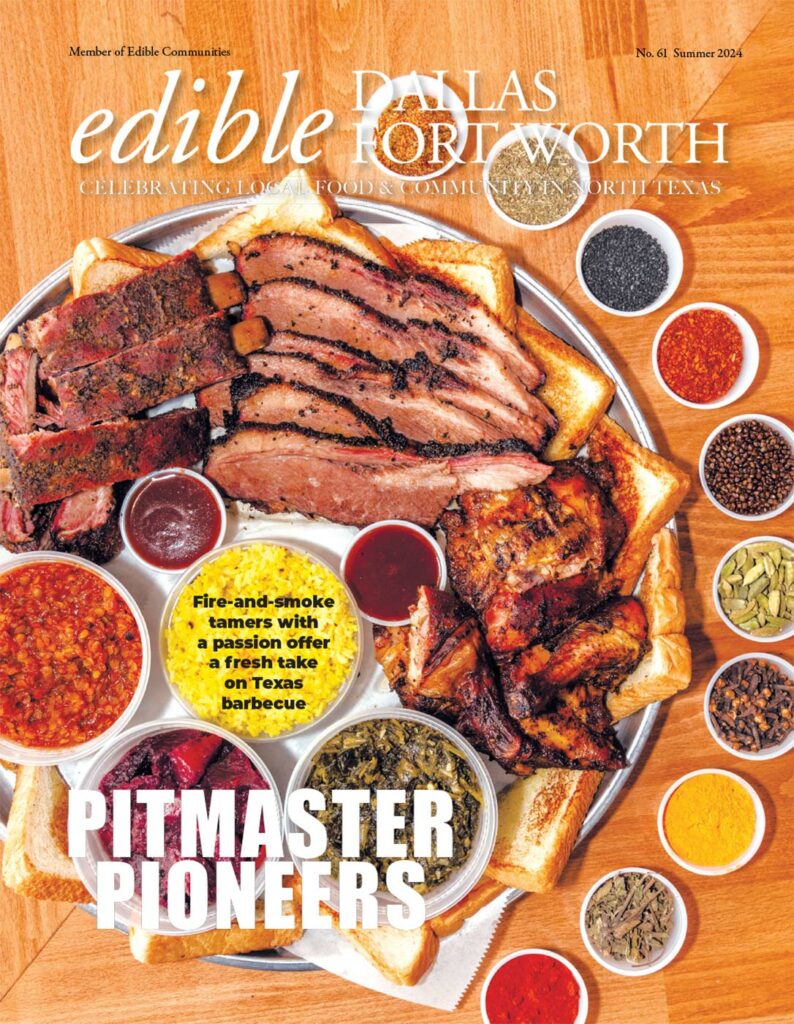Edible DFW Celebrates Five Fantastic Years
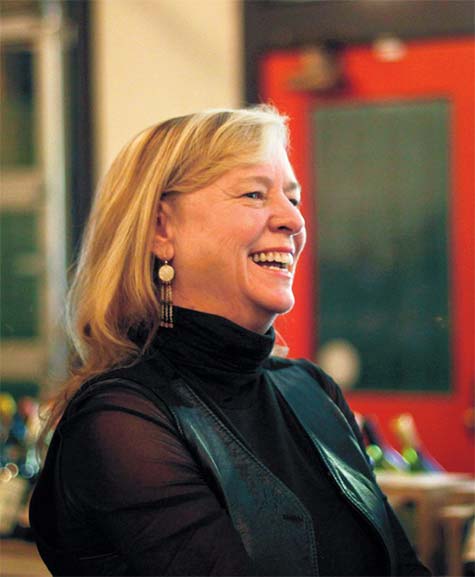 Publisher Nanci Taylor
Publisher Nanci Taylor
Photo: Lauren Mcclure
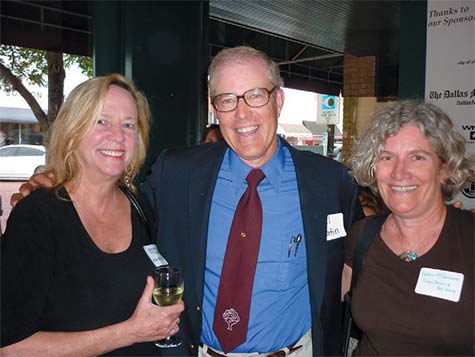 Nanci with farmer/ lecturer Joe Salatin of Polyface Farms
Nanci with farmer/ lecturer Joe Salatin of Polyface Farms
and EDFW co-founder Karen McCullough
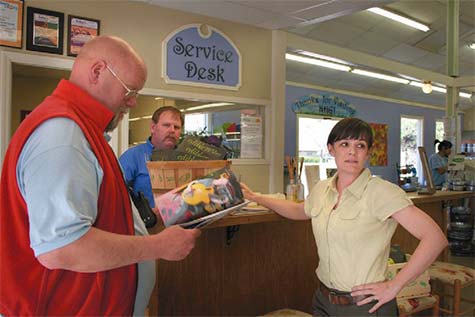 First delivery to North Haven Gardens
First delivery to North Haven Gardens
Photo: Karen Mccullough
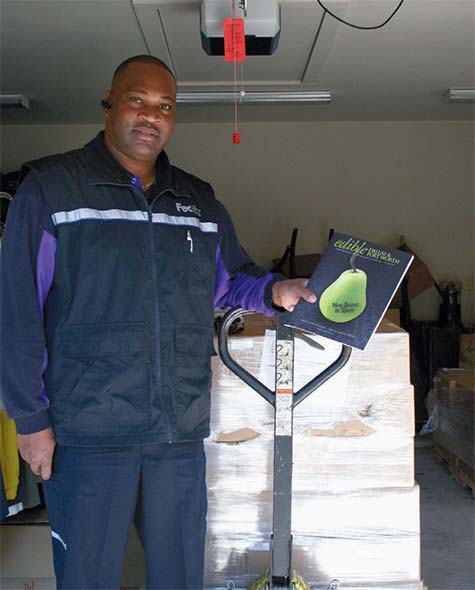 First issue arrives
First issue arrives
Story by Kim Pierce
Are you as surprised as I am that it’s been five years since Edible Dallas & Fort Worth got started? It seems like only yesterday publishers Nanci Taylor and Karen McCullough were sketching out the first tentative issues and pulling folks together for a planning lunch at Parigi in Dallas’ Oak Lawn area.
I was thrilled to be invited. As a newspaper journalist who has covered farmers markets for decades and watched news space shrink, I recognized the niche Edible could fill, just as Edible Communities publications do in 80 markets across the country, from the Hawaiian Islands to Brooklyn. Even in the recent rough economic times, people continued to care about what they ate, where it was grown and who grew it. Restaurateurs, farmers, grocers, nurseries and farmersmarket operators all fed the uptick in interest, and Edible DFW was the right vehicle at the right time to tell their stories. To gauge our region’s farm-to-table progress over the past five years, we’re revisiting some of the people we met in the first issue, Spring 2009—not only to find out what they’re doing now, but what they think lies ahead.
“It’s so common these days to see locally grown ingredients touted at DFW restaurants and grocery stores,” says Edible DFW editor Terri Taylor. “That wasn’t the case five years ago.” In the summer of 2010, she joined her sister Nanci’s staff, assuming the editor’s duties from McCullough, who bowed out because she lives in New Mexico — a long-distance commute that made it difficult to keep a finger on the pulse in North Texas. Terri edited Edible Dallas & Fort Worth: The Cookbook and has continued to write stories since that first issue, when she profiled sustainable gardeners Michael Fladmark and Jean Bothe. “Chefs have certainly helped bring about this change,” she says, “(with) their willingness to search out local farmers and promote Texas terroir.”
Then-Parigi-co-owners Chad Houser and Janice Provost were among early supporters of local sourcing and were instrumental in the creation of Café Momentum, a non-profit program for the Dallas County Youth Village that teaches restaurant skills to boys 13 to 17 who have had a brush with the law. Today Provost and Parigi are percolating along, and Houser has yielded to his passion: He heads up Café Momentum full-time. Provost is on the board of directors. “If you would have told me [five years ago] I would be running a nonprofit restaurant, I’d have thought you were crazy,” says Houser. He’s raising funds for a brick-and-mortar kitchen to go with the garden at the village by hosting pop-up dinners that usually sell out. As a chef, he also loves being able to find more diverse local ingredients. “We have English peas, asparagus and other wonderful produce that wasn’t grown locally five years ago.”
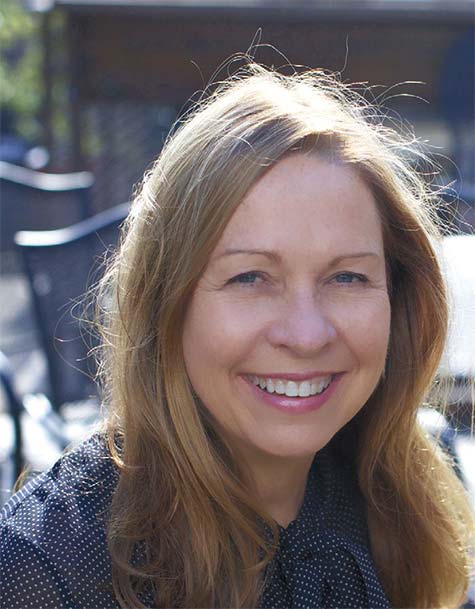 Edible DFW editor Terri Taylor
Edible DFW editor Terri Taylor
photo: Melinda Ortley
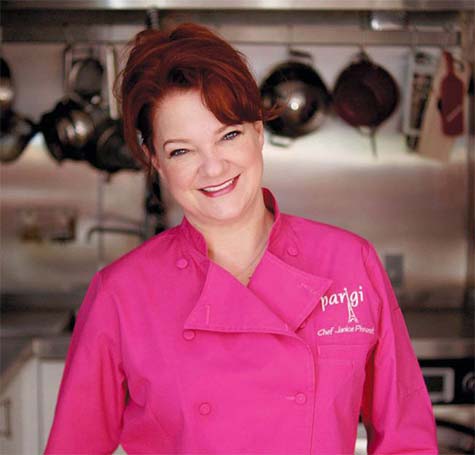 Chef Janice Provost
Chef Janice Provost
photo: Joy Zhang
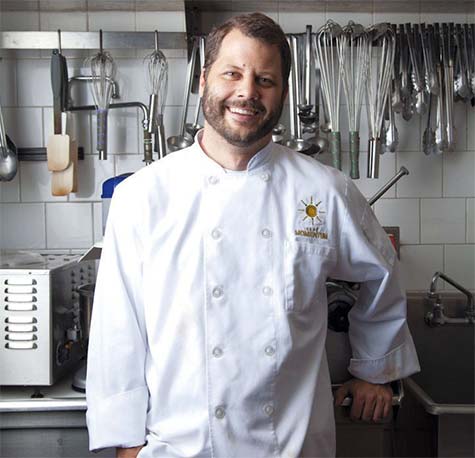 Chef Chad Houser
Chef Chad Houser
photo: Stanton Stephens
“I’ve seen the biggest growth coming from egg and dairy farmers,” says Provost. “The consistent availability of fresh eggs is relatively new.” Hers come from Vital Farms and eggs are one of the hottest commodities at area farmers markets. Provost also loves local cheeses, citing newer suppliers such as Eagle Mountain Farmhouse Cheese (Granbury), Caprino Royale (near Waco) and On Pure Ground Dairy (Bonham).
Provost and Houser both predict more “home growing” in North Texas’ future. “I think we will see more and more home gardens and community gardens,” says Provost. She has a plot in Elizabeth Dry’s Promise of Peace Community Garden in East Dallas. I got on board with that trend, too. My partner Alfonso Cevola and I started a vegetable garden last year to complement his hoja santa forest. For eight years, he’s grown the Mexican herb for Paula Lambert’s Mozzarella Company. It wraps her award-winning Hoja Santa Goat Cheese.
“I think that the most significant progress has been a greater public awareness of farm-to-table foods,” says Christopher Zielke, partowner of Bolsa (an early adopter of farm-to-table), Bolsa Mercado and other restaurants. “It is now de rigueur to use at least some locally grown product in any new restaurant, [and] Texas wines have made serious inroads on wine lists.” North Texas has also seen a boom in craft breweries and spirits makers. Zielke looks forward to local farms growing larger. “I hope in the next five years, the supply can meet the demand,” he says.
So does Graham Dodds, the former Bolsa chef who was recruited away from Central 214 last year by Consilient Hospitality, a restaurant group that’s on fire with its farm-to-table commitment.
“We’re in partnership with a couple of farms,” Dodds says, including Comeback Creek Farm near Pittsburg. The goal is to sow coordination amongst the diversity, so not all farmers are harvesting, say, arugula at once.
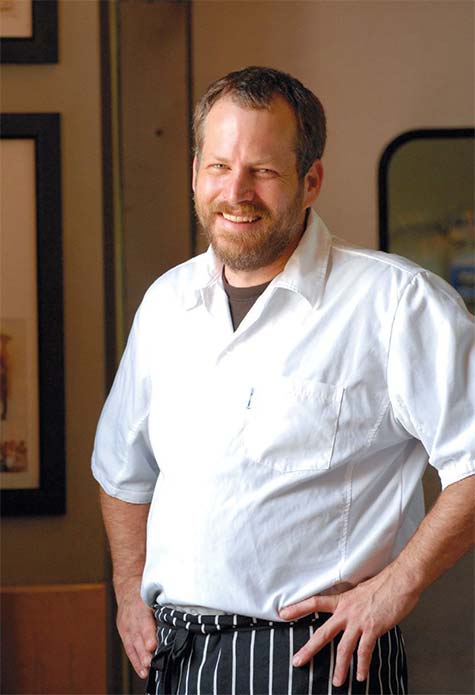 Chef Graham Dodds
Chef Graham Dodds
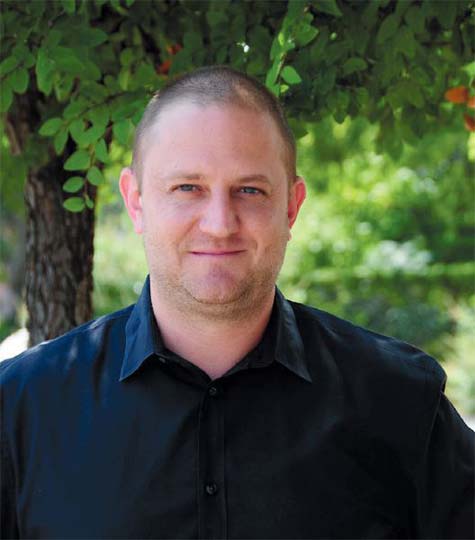 Restaurateur Christopher Zielke
Restaurateur Christopher Zielke
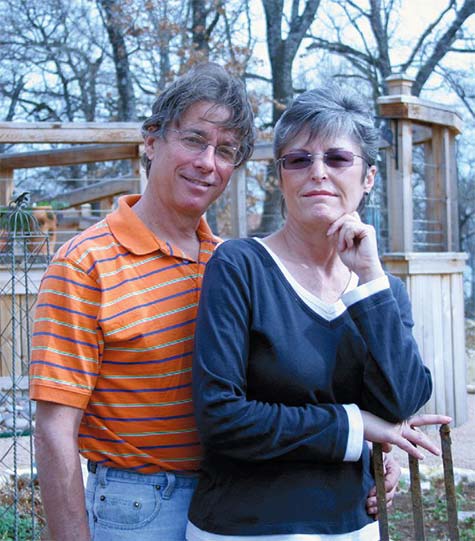 Gardeners Michael Fladmark and Jean Bothe
Gardeners Michael Fladmark and Jean Bothe
photo: Karen McCullough
One of the most prescient stories in that first issue profiled gardeners Fladmark and Bothe, who live at Cedar Creek Lake southeast of Dallas. Five years ago, neighbors thought the couple might be a little extreme with their strict water-conservation methods. Now, not so much—especially considering the devastating drought of 2011 and the dry years that have followed. “We’re glad we went the way we did because of lack of water out here,” says Bothe today. “The different systems we put in probably saved our landscaping,” a pollinators’ dreamscape of feeder plants and nectar plants. “We use three water systems,” says Fladmark, “[starting with] a house filter for water from the city. We have a gray water system—[runoff] from sinks and showers.” The gray water goes to their house foundation and perennial gardens. “The third [system] is rain water.” They catch it in two 1,300-gallon barrels for their vegetable garden.
Five years ago, neighbors thought the Susan and Brandon Pollard would like to see more people as concerned about pollinators. Five years ago, they were just launching their Texas Honeybee Guild “honeybee advocacy/innovative urban bee-keeping enterprise.” Add honeybee rescue, too. They’re also the team behind Zip Code Honey. Since then, the specter of colony collapse disorder has grown and West Nile season, with its mass aerial sprayings, has imperiled more bees than ever. “As a region,” says Susan, “if we do not turn around the unacceptable levels of toxins that our pollinators are exposed to, we’re in trouble with any local farming efforts. Honeybee preservation awareness continues to be center stage for us.”
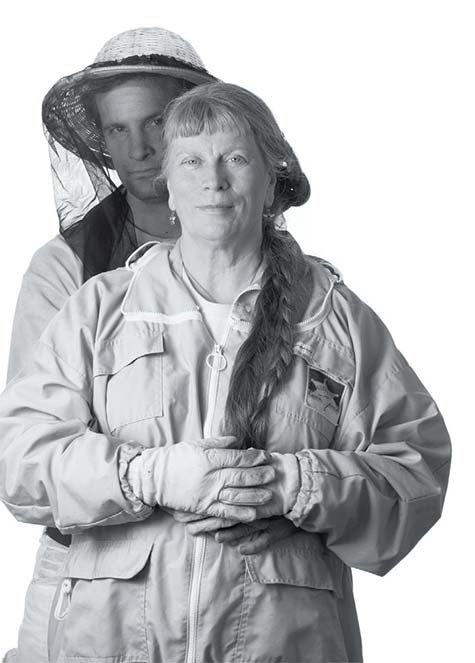 Brandon and Susan Pollard, Texas Honeybee Guild
Brandon and Susan Pollard, Texas Honeybee Guild
photo: Danny Fulgencio
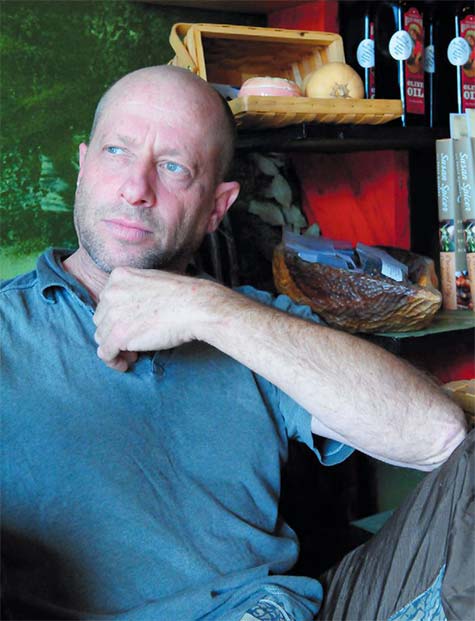 Tom Spicer, FM1410
Tom Spicer, FM1410
photo: Carole Topalian
Eccentric grower and wholesaler Tom Spicer, whom I profiled in the first issue, had just started his back-lot urban garden five years ago to complement his East Dallas FM 1410 storefront. He was and is at the vanguard of the farm-to-table movement, even if he doesn’t like the phrase. “There’s a few little farmers I try to help,” he says modestly. He also assists some growers with strategic planting, not unlike the partnership Consilient chef Graham Dodds described. “I feel terribly lucky with my crew.”
Edible DFW publisher Nanci Taylor calls her first foray into magazines a wild ride—and one she wouldn’t have missed for anything.
“Although it’s been a lot of hard work, I wouldn’t trade the experiences or the inspiring people I’ve met.” Riding herd on all the cats has given her a unique perspective. “I’d say the most significant step forward for the farm-to-market food movement would be the growing number of farmers markets in North Texas, which directly reflects how many people are searching for local farmers. I believe the direction of people searching for local and fresh food is here to stay. When Whole Foods Market announced their commitment to a 2018 deadline for full GMO [genetically modified organisms] transparency in all of their U.S. and Canadian stores, you realize that the future of food…is going in the right direction.”
To which I can only add, toasting with a glass of fine Texas viognier or tempranillo: Here’s to five more, ten more, who knows how many more great years for Edible DFW.
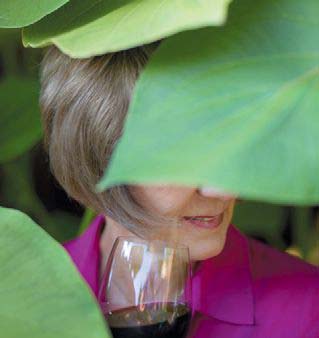
Shielding her identity, writer Kim Pierce is partially pictured above, sipping wine in the shade of an hoja santa bush. Read her restaurant reviews and commentary on the food scene in The Dallas Morning News, Modern Luxury and on the DMN eatsblog.com. Photo by Teresa Rafidi
KIM PIERCE is a Dallas freelance writer and editor who’s covered farmers markets and the locavore scene for some 30 years, including continuing coverage at The Dallas Morning News. She came by this passion writing about food, health, nutrition and wine. She and her partner nurture a backyard garden (no chickens – yet) and support local producers and those who grow foods sustainably. Back in the day, she co-authored The Phytopia Cookbook and more recently helped a team of writers win a 2014 International Association of Culinary Professionals Cookbook Award for The Oxford Encyclopedia for Food and Drink in America.


